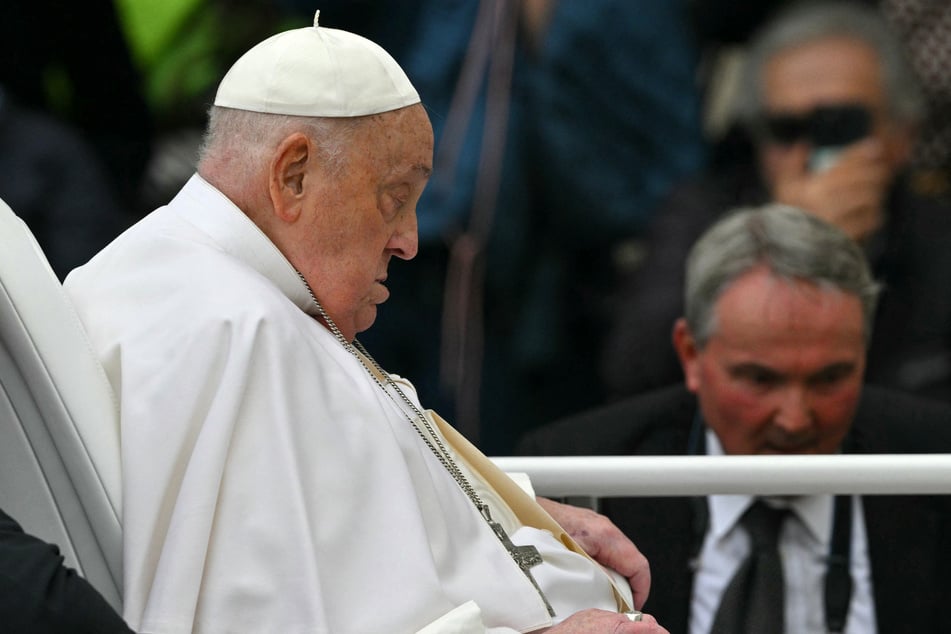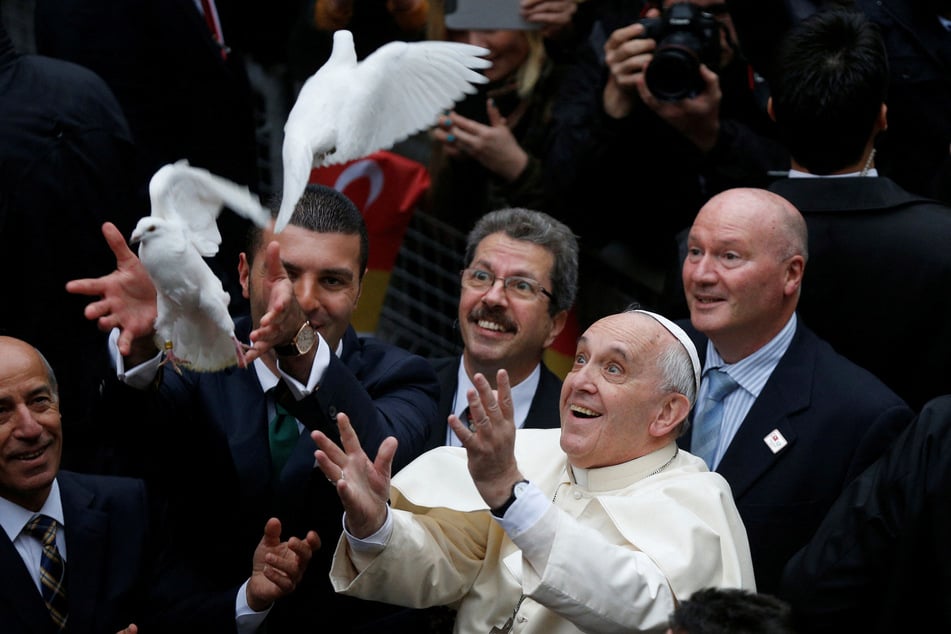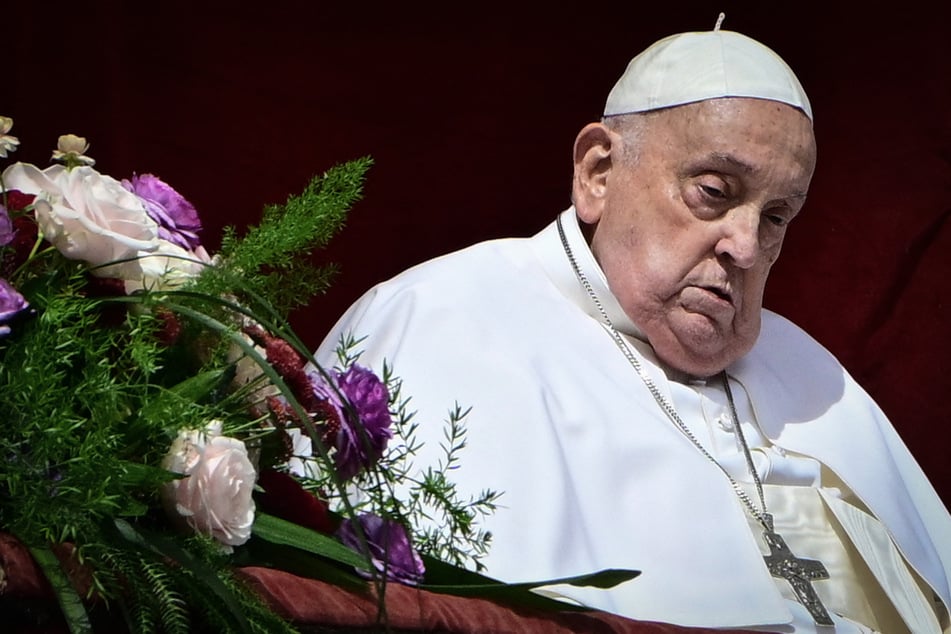Pope Francis passes away on Easter Monday, sparking global mourning
Vatican City - Pope Francis died on Monday aged 88, a day after making a much hoped-for appearance at Saint Peter's Square on Easter Sunday, the Vatican said in a statement.

"Dearest brothers and sisters, it is with deep sorrow that I must announce the death of our Holy Father Francis," said Cardinal Kevin Farrell in the statement published by the Vatican on its Telegram channel.
"This morning at 7:35 AM the Bishop of Rome, Francis, returned to the home of the Father.
"His entire life was dedicated to the service of the Lord and His church."
Francis's death came just a day after he delighted the crowds of worshipers at the Vatican on Easter Sunday with an appearance on the balcony at Saint Peter's Basilica despite still recovering after a severe illness.
Francis had come close to dying twice earlier this year while suffering from pneumonia.
He spent 38 days in the hospital before he was released on March 23.
On Sunday he wished the crowds on Saint Peter's Square a "Happy Easter" as he waved, and in his traditional "Urbi et Orbi" ("To the City and the World") benediction – delivered on his behalf by Archbishop Diego Giovanni Ravelli – he called for freedom of thought, tolerance, and an end to wars.
Francis' death sets in motion centuries-old traditions that will culminate in the gathering of a conclave of cardinals to choose a successor.
In the meantime, the day-to-day running of the tiny Vatican City state will be handled by the camerlengo, a senior cardinal, currently Dublin-born Kevin Farrell.
Pope breaks with burial traditions

Francis, whose real name was Jorge Bergoglio, was the first Jesuit to lead the world's almost 1.4 billion Catholics and the first from the Americas.
He took over after Benedict XVI became the first pontiff since the Middle Ages to step down – and cut a sharply different figure from the German theologian.
A soccer-loving former archbishop of Buenos Aires who was often happiest among his flock, Francis sought to forge a more open and compassionate church.
He strongly defended social justice, the rights of migrants and the environment, while also pushing through governance reforms and tackling the scourge of clerical sex abuse of children.
But critics accused him of creating doctrinal confusion and failing to defend traditional Catholic beliefs on key issues such as abortion and divorce.
Francis's desire to chart a different path was evident right to the end, with his decision to be buried not in St Peter's Basilica but in Rome's Santa Maria Maggiore basilica.
He will become the first pope in more than 100 years to be laid to rest outside the Vatican.
Francis also rejected the tradition of popes having three coffins, instead choosing to buried in just one, made of wood and zinc, to reflect his role as a humble pastor.
Francis' later years overshadowed by health struggles

Francis had left open the possibility of stepping down if he felt unable to do his job, following the example of Benedict, who quit citing his ailing health.
But he insisted for years that time had not yet come, and maintained a busy schedule, right up to hosting the prime minister of Slovakia shortly before his hospital admission.
Having had part of his lung removed as a young man, Francis was visibly breathless in the days before going to the Gemelli, delegating aides to read his homilies at public audiences.
Even after he was released from hospital and ordered to rest for two months, Francis did not wait long before making public appearances.
He had been hospitalized with a respiratory infection in March 2023. That same year he also underwent surgery for a hernia, and in 2021 he had colon surgery.
He suffered knee pain that required him to use a wheelchair, and had fallen twice in recent months.
Yet he never took a day off and made frequent trips abroad, including a four-nation Asia-Pacific tour only last September.
Huge crowds gathered wherever he went, a testament to his popularity and human touch, which saw him finish his Sunday Angelus prayer each week urging followers to pray for him and to have a good lunch.
A pope for the poor and vulnerable
When Francis took over, the Catholic Church was mired in infighting and beset by a global scandal over clerical sex abuse of children and decades of cover-ups.
He promised an end to impunity and changed Vatican law to help tackle abuse, though victims said he could have gone further.
More widely, he initiated a major shake-up of the Vatican's powerful governing body, including improving financial responsibility and allowing lay Catholics to lead Vatican offices.
Throughout his papacy, Francis championed the poor and vulnerable and emphasized love over doctrine.
"If someone is gay and is searching for the Lord and has good will, then who am I to judge him?" he said at the start of his papacy.
In recent years, Francis was a leading voice in the condemnation of war, in particular Russia's invasion of Ukraine and Israel's destruction of Gaza.
Cover photo: Tiziana FABI / AFP

